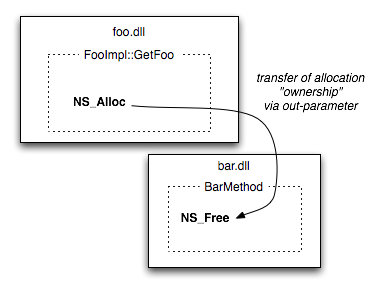Release branches in mozilla-central
Thursday, October 9th, 2008On the Firefox development branches, the version number is always “pre”: for example, 3.1b1pre. This makes it easy to distinguish between nightly builds and release builds. To produce a release, the release team creates a “minibranch”. This minibranch exists for the following reasons:
- To allow bumping the version numbers to the release version, for example: 3.1b1.
- To isolate the release process and allow the main development tree to re-open as quickly as possible.
This is a long-standing tradition in CVS, but we haven’t really done it before 3.1b1 in Mercurial. This week, mozilla-central grew a new branch: the GECKO191b1_20081007_RELBRANCH. Pushing this branch to mozilla-central caused some unexpected side effects for developers:
- Developers who issued a normal hg pull -u got the following message:
adding 171 changesets with 234 changes to 110 files (+1 heads) not updating, since new heads added (run 'hg heads' to see heads, 'hg merge' to merge)
Yes, a new head was added; but this head is on a named branch and shouldn’t affect developers who aren’t on that branch. This is a bug in Mercurial that will be fixed in future versions. To work around the problem, just run hg up, which will update you to the latest revision of the default branch.
- hg heads shows branch heads. Normally, developers working on the default branch don’t care about heads on other branches, and don’t want release branch heads showing up when they issue the hg heads command. The Mercurial developers are aware of this issue and will fix it in a future version. In the meantime, use the following command to see only the heads of the default branch: hg heads default.
Note: even with the above bugs fixed, hg pull -u isn’t the exact equivalent of hg pull; hg up: in the case where no new changes are available on the remote server, no update will be performed. This only affects trees where the working directory is not at the tip revision. This slightly unintuitive behavior is considered a feature by the Mercurial developers, not a bug.

